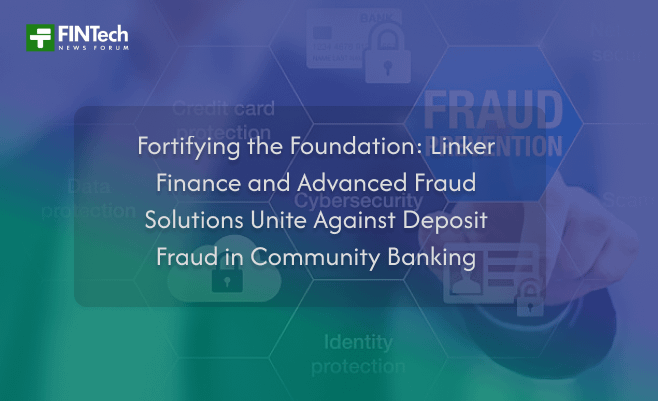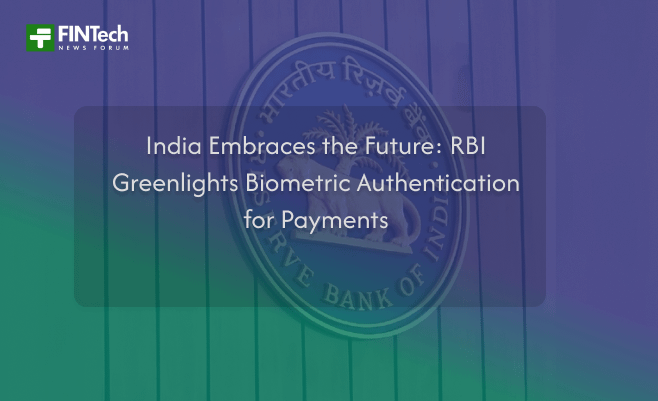
As fintech continues to revolutionize the financial services industry, the importance of cybersecurity has never been greater. Fintech platforms handle vast amounts of sensitive personal and financial data, making them prime targets for cybercriminals and fraudsters. The rapid pace of innovation, coupled with increasingly sophisticated cyber threats, means that fintech companies must prioritize security to protect both their customers and their reputations. A single breach can lead to devastating financial losses, legal penalties, and irreparable damage to customer trust. To safeguard their operations, fintech firms need to implement comprehensive cybersecurity measures that not only defend against attacks but also anticipate emerging threats. This requires a proactive, multi-layered approach combining technology, policy, and education to create a resilient security framework in an ever-evolving digital landscape.
1. Implement Multi-Factor Authentication (MFA)
- Require multiple forms of verification to add an extra layer of protection beyond passwords.
- Use biometrics, one-time codes, or hardware tokens for stronger authentication.
2. Encrypt Sensitive Data
- Encrypt data both at rest and in transit to prevent unauthorized access.
- Employ industry-standard encryption protocols such as AES-256.
3. Regular Security Audits and Penetration Testing
- Conduct frequent assessments to identify vulnerabilities and fix them before attackers exploit them.
- Use third-party experts to simulate attacks and strengthen defenses.
4. Educate Employees and Customers
- Train staff on recognizing phishing, social engineering, and other cyber threats.
- Provide clear guidelines and awareness campaigns to customers about safe practices.
5. Monitor and Respond to Threats in Real Time
- Deploy advanced threat detection systems powered by AI and machine learning.
- Establish incident response teams to quickly mitigate breaches.
6. Secure APIs and Third-Party Integrations
- Fintech apps often rely on APIs; ensure these connections are secure to prevent data leaks.
- Vet third-party vendors thoroughly for their cybersecurity standards.
7. Maintain Compliance with Regulations
- Follow data protection laws like GDPR, CCPA, and industry-specific regulations.
- Keep up-to-date with evolving cybersecurity standards and frameworks.
Conclusion: Building Trust Through Security
In fintech, cybersecurity is not just a technical necessity but a cornerstone of customer trust and business longevity. By adopting these seven key strategies, fintech companies can create a robust security posture that safeguards their innovations and users alike. Staying vigilant, proactive, and informed is the best defense against the constantly evolving threat landscape.















